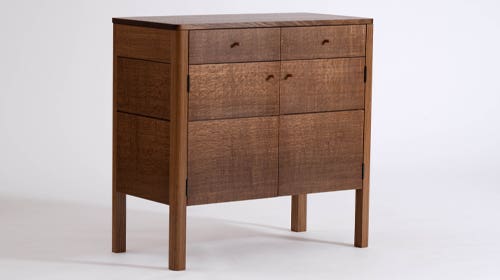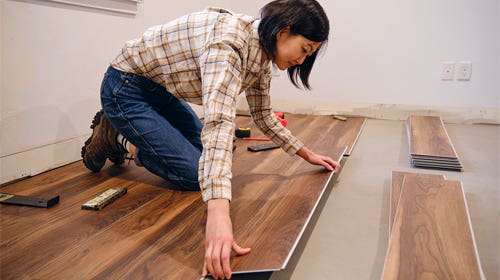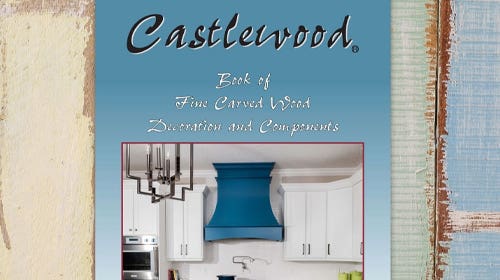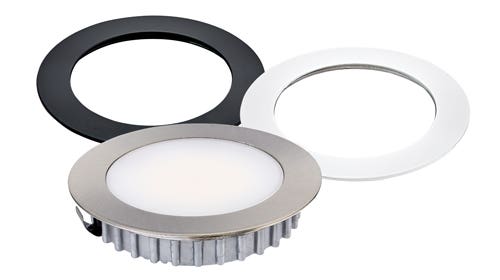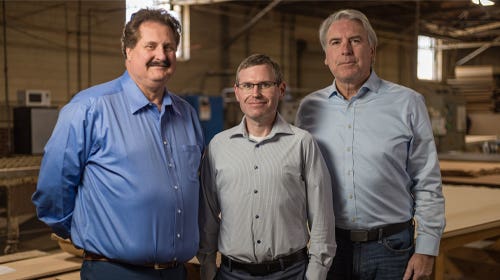Go Hawaiian with koa while supplies last
Demand for koa (Acacia koa) is high, and so is the price. Endemic to Hawaii, the dense hardwood is regarded as a “semi-exotic” by its dealers due to its rather limited availability.
Demand for koa (Acacia koa) is high, and so is the price. Endemic to Hawaii, the dense hardwood is regarded as a “semi-exotic” by its dealers due to its rather limited availability.
Dealers interviewed by Woodshop News say they’ve been getting plenty of calls for koa and have sufficient supplies, but conservation efforts on private and public lands are making it more difficult to obtain.
“As people have more money and the economies get better, people want to use nicer woods in the world, whether it’s rosewood, ebony, teak or whatever it is. Koa seems like it’s on people’s radar more than it has been in the past. They are willing to pay the prices that it has shot up to. Prices are, I think, at the highest they’ve ever been,” says Jorma Winkler, owner of Winkler Woods in Honolulu. “Koa is in demand in Hawaii more than anywhere else. It’s our wood. It’s got cultural and historical significance to Hawaii.”
“The demand has risen steadily since the 80’s, but even more in the past 10 years or so. It’s becoming scarce. Very few people are logging and milling koa now. Fewer people have it and lots of ranches and mill sites have closed,” says Chris Allen, owner of Koa Wood Hawaii in Kurtistown, Hawaii.
“You can only get it here in Hawaii. The outer islands, like Maui and Oahu, have some but they don’t usually harvest it there because it’s in the forest reserves or the watershed areas, places like that. Even if they were to get some, the quality is not that good as it is on the Big Island where most of the supply comes from. As an island there hasn’t been any largescale replanting of it.”
The reddish wood is very similar in strength and weight to black walnut (Juglans nigra). It’s a great choice for furniture and musical instruments.
“Koa has a broad spectrum of frequencies and tends to filter the vibrations less than a lot of other woods, so it develops a really sweet sound. It is one of the preferred woods for guitar making and is the preferred wood for ukuleles,” says Rick Hearne, owner of Hearne Hardwoods in Oxford, Pa.
“We have been selling a lot of it because we ended up having a lot of it,” adds Hearne, who owns land in Hawaii with koa trees. “We bring the lumber to Pennsylvania where we cut and dry it. I’d say a good percentage of the wood gets shipped back to Hawaii. It’s mostly for musical instruments and architectural millwork. Some of it went to a house on Maui last year that had 60 koa doors.”
Prices for koa range from $30 to $200/bf.
This article originally appeared in the November 2017 issue.



